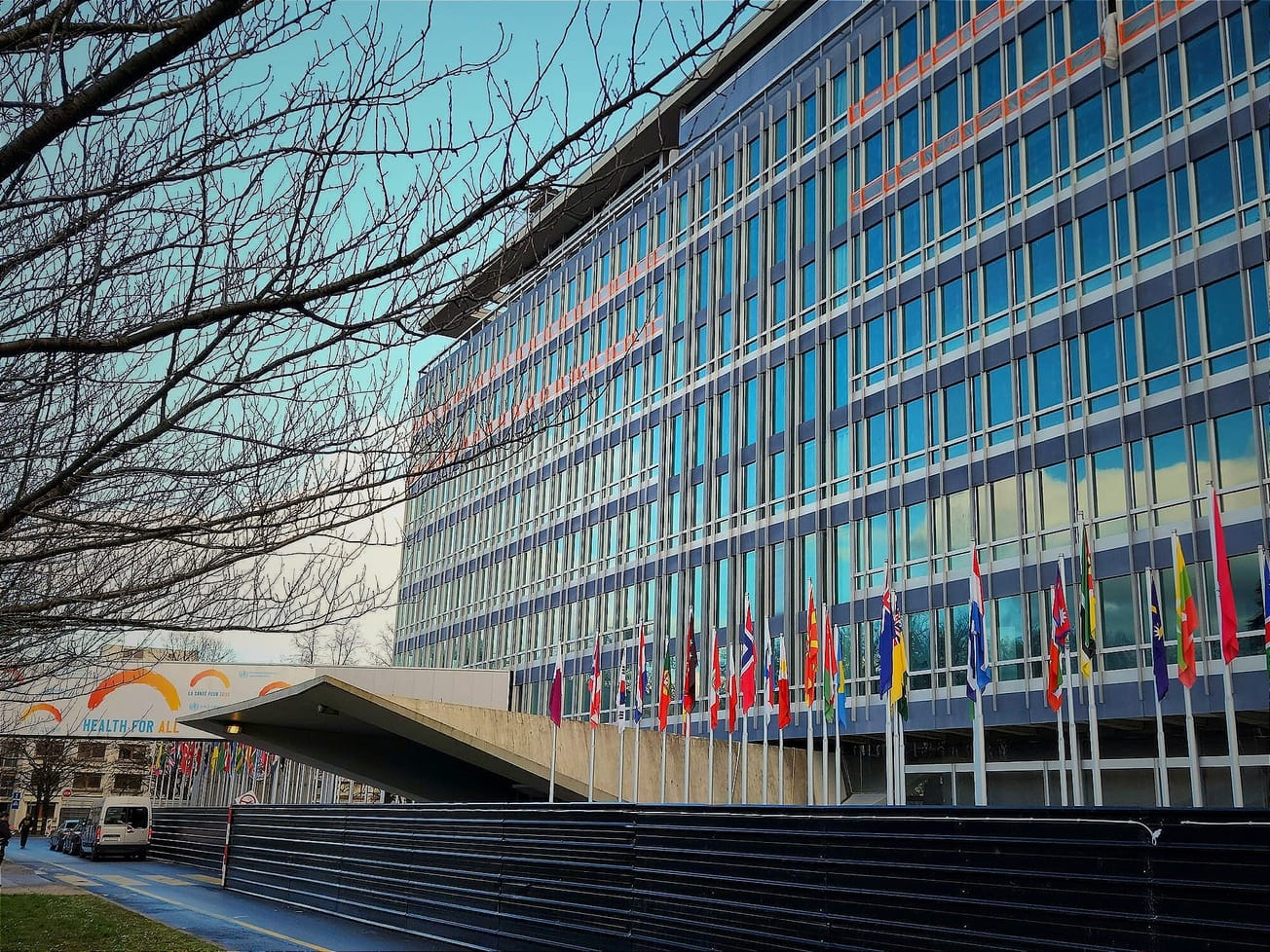GENEVA (AN) — Governments must become far more ambitious about cutting greenhouse gas emissions to avoid catastrophically overheating the planet by 2.7 degrees Celsius above pre-industrial levels, according to a new U.N. report on Friday.
Leaders seized on the report to warn that the U.N. climate summit in November could fail unless governments step up their ambition now. The 42-page synthesis report on "nationally determined contributions under the Paris Agreement" looks at all of the pledges to lower emissions as of the end of July.
Without making the pledges more ambitious, emissions would rise almost 16% by 2030 above 2010 levels and translate into a 2.7 degrees C. rise in global average temperatures by the end of the century, the U.N. Intergovernmental Panel on Climate Change found. That includes the 1.1 degree in warming the Earth has already experienced since pre-industrial times.
Despite the grim findings, Patricia Espinosa, who heads U.N. Climate Change, said the report shows nations are "making progress" towards fulfilling the 2015 Paris Agreement on climate change which committed the world to preventing average temperatures from rising more than 2 degrees C. above pre-industrial levels, or 1.5 degrees if possible.
The new or updated pledges cover about 59% of the nations that signed onto the treaty and account for about 49% of global greenhouse gas emissions, according to U.N. figures.

'Running out of time'
The report showed 113 of the U.N.'s 193 member nations, including the European Union's 27-nation bloc and the United States, have updated their emissions targets, collectively pledging a 12% decrease in emissions by 2o30. But many other nations, including major carbon emitters China and India, did not provide new targets.
“This shows just how central the issue of providing support to developing countries really is," Espinosa said. "We need to peak emissions as soon as possible before 2030 and support developing countries in building up climate resilience."
Secretary-General António Guterres was more cautionary, warning there is a "high risk of failure" at the climate summit scheduled for Glasgow, Scotland later this year. At a virtual meeting of leaders from major economies hosted by U.S. President Joe Biden, Guterres said a 45% cut in emissions by 2030 is needed to reach carbon neutrality by mid-century.
But under the current level of emissions pledges, he said, nations are on a "catastrophic pathway" to a world that will be 2.7 degrees hotter.
"We are rapidly running out of time. We must step up our efforts," Guterres said. "It is clear that everyone must assume their responsibilities. We need more ambition on finance, adaptation and mitigation. On finance, developed countries must fulfill the longstanding pledge to mobilize US$100 billion per year to support climate action in developing countries."








